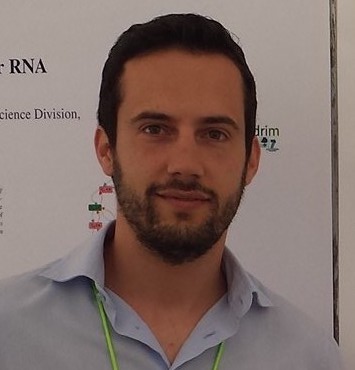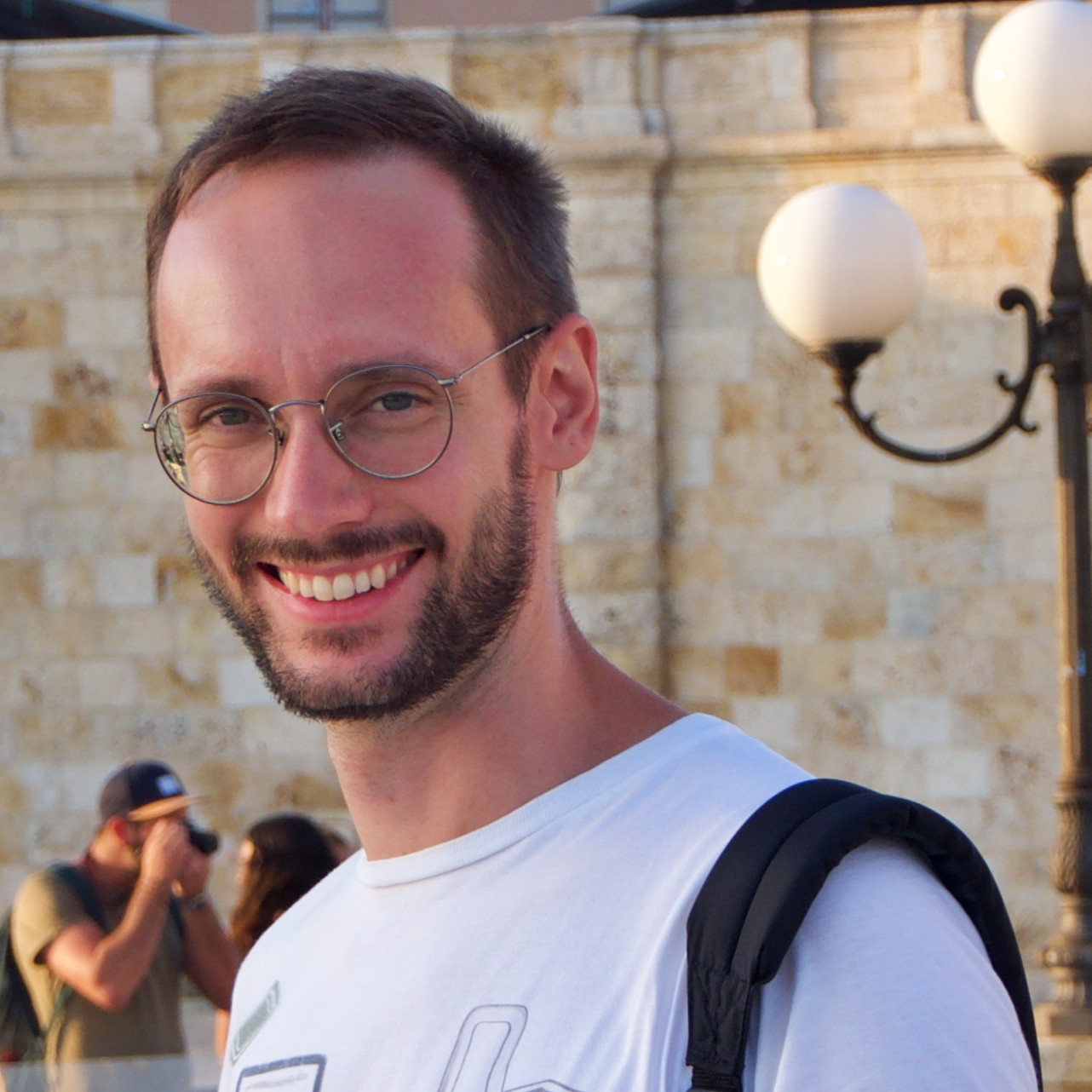International workshop on
Blockchain for Process and Information Science
B4PIS
New edition to be announced, Stay tuned!
Welcome to the international workshop on Blockchain for Process and information science.
Nowadays, in an interconnected society, the increasing need for coordination among different organizations requires innovative solutions built upon trustworthy systems. To achieve such an effective digital transformation, organisations need to bridge the gap between business, information, processes and technologies. This problem has been tackled by research on process and information science.
Information science is an integrated set of components to collect, manipulate, classify, store, and process data to produce information, knowledge, and digital solutions.
In such a context, Blockchain can bring huge advantages by guaranteeing the integrity and immutability of data without relying on a central entity, permitting a tamper-proof execution of contractual obligations among the involved organizations. However, recent challenges should be addressed, especially in supporting multiple blockchain platforms and related smart contracts, breaking the technological barriers for enterprises.
Objectives
The primary objective of B4PIS workshop aims to investigate the potential of blockchain technology within the fields of process and information science. This investigation seeks to address and overcome current technological challenges, promoting innovative approaches to the design and implementation of blockchain-based information systems and enterprise applications, as well as their broader societal impact.
Topics of Interest
The workshop accepts research papers presenting conceptual, technical, application-oriented and case-study contributions. The themes of this workshop include but are not limited to:
- Blockchain migration strategies for processes, enterprise applications, and data
- Blockchain suitability assessment for enterprise applications
- Role of blockchain in non-functional application requirements
- Security and privacy aspects in blockchain-based systems
- Sustainability aspects on blockchain-based systems
- Domain Specific Languages and meta-models for blockchains and applications
- Data privacy and confidentiality on blockchain-based systems
- Trusted-by-design blockchain-based systems
- On-chain and off-chain data management and integration
- Performance, scalability, and optimization for blockchain-based systems
- Case studies and lessons learned for blockchain-based systems
- Auditing and monitoring on blockchain-based systems
- Data quality assessment for blockchain-based systems
- Process mining techniques for blockchain-based systems
- Verification, validation and testing techniques for blockchain-based systems
- Software architectures for blockchain-based systems
- Interoperable and collaborative solutions for blockchain-based systems
- Oracles for blockchain-based systems
- Technological barriers and legal implications to blockchain adoption
- Modeling aspects for blockchain-based systems
- Design, implementation, deployment and maintenance of blockchain-based systems
- Blockchain for Identity management in enterprise applications
Papers must be original, unpublished and submitted electronically in PDF format P
Contributions must be written in English and prepared using Springer LNBIP style.
- Full papers (16 pages long, including figures and references) should present technical contribution, case studies or detailed experience report.
- Short papers (8 pages long) should advocate preliminary result or work-in-progress are encouraged as well.
Organising Committee

Giovanni Meroni
Technical University of Denmark

Andrea Morichetta
University of Camerino

Mattia Salnitri
Politecnico di Milano
Program Committee
- Simon Curty – University of Fribourg
- Felix Haerer – University of Fribourg
- Alessandro Marcelletti – University of Camerino
- Francesco Tiezzi – University of Florence
- Pierluigi Plebani – Politecnico di Milano
- Michele Carminati – Politecnico di Milano
- Marco Comuzzi – Ulsan National Institute of Science and Technology
- Julius Köpke – University of Klagenfurt
- Claudio di Ciccio – Utrecht University
- Hans-Georg Fill – University of Fribourg
- Jesús Rosa-Bilbao – University of Cadiz